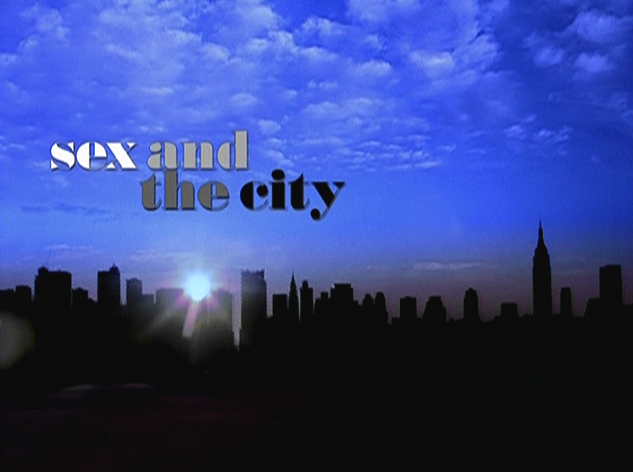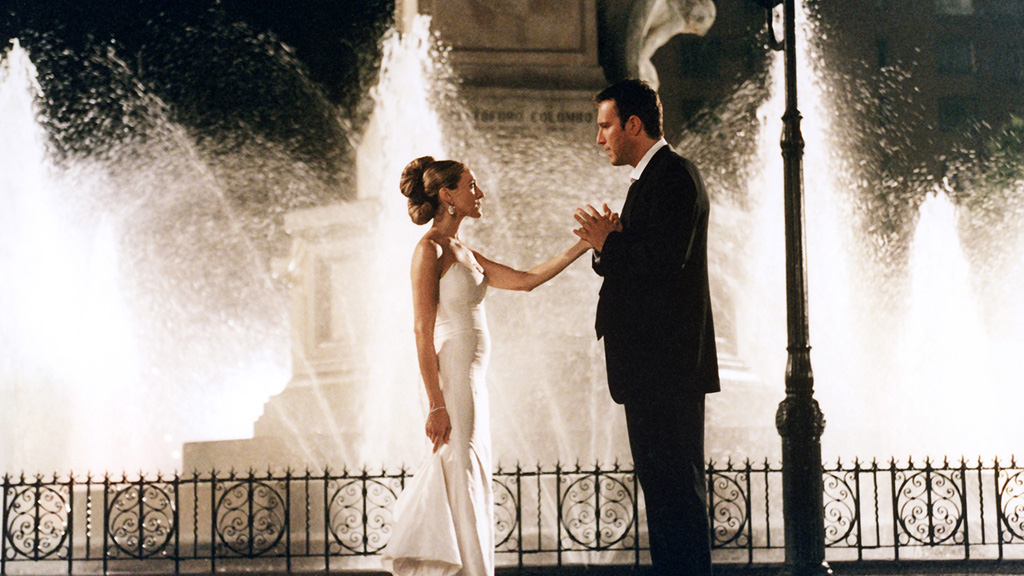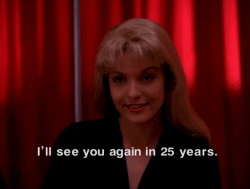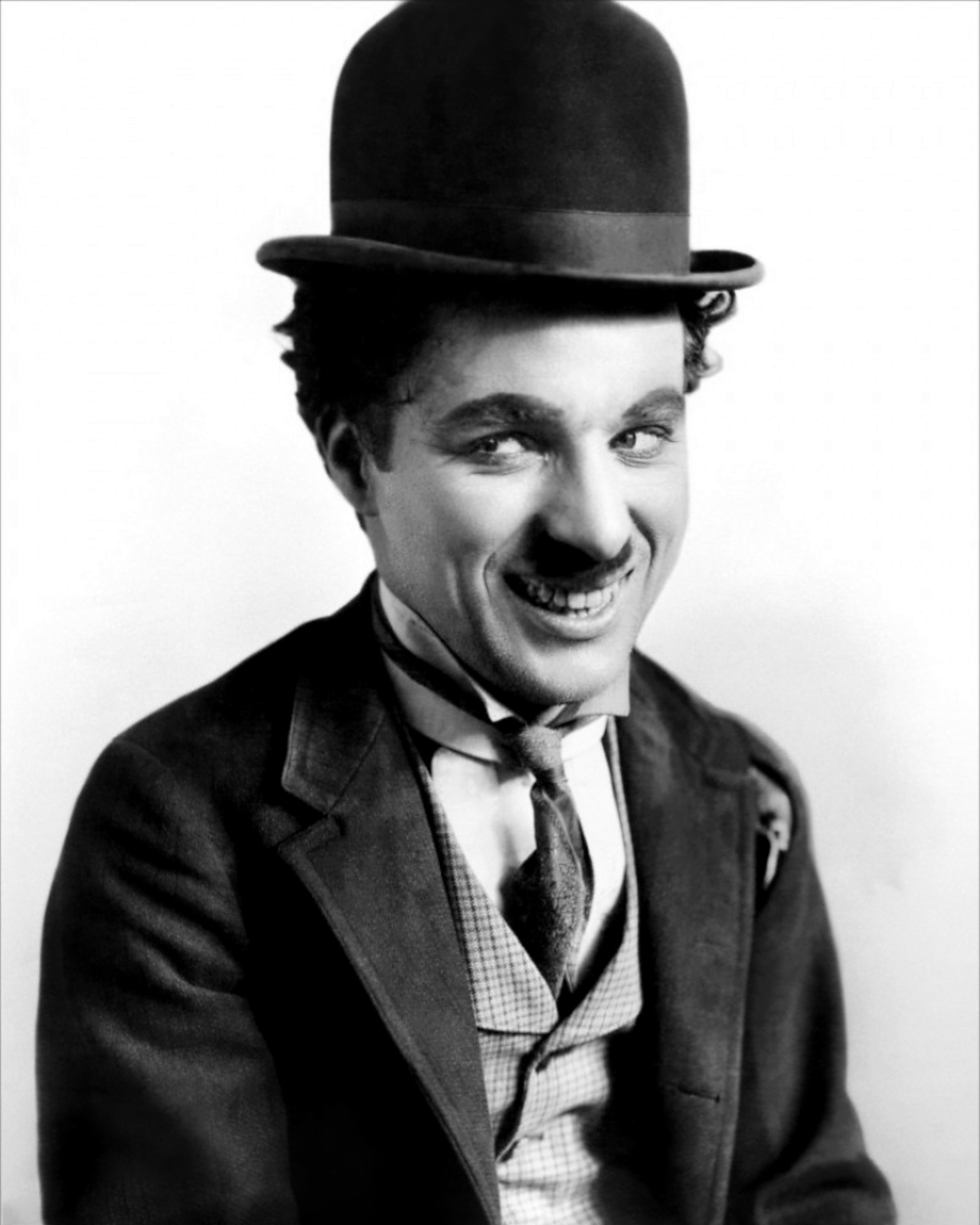 Hi all, it’s Tim, here to celebrate a milestone of particular significance in the history not just of movies, but of pop culture generally. This weekend marks a centennial of one of the most iconic figures of the modern world: silent comedian Charles Chaplin’s legendary Little Tramp, who premiered in a pair of short comedies that released 100 years ago by Keystone Studios. The second to be shot, but the first to be released, was the half-reel comic short Kid Auto Races at Venice, Cal. on February 7, 1914; two days later, it was followed by the single-reel Mabel’s Strange Predicament, during the production of which Chaplin threw together a costume on the fly made of too-large shoes, baggy pants, a tight jacket, and a bowler hat. Within months – if not, indeed, within weeks – the character thus assembled through a quick burst of inspiration had become a sensation with audiences, and by the end of 1915 would be firmly entrenched as the most internationally beloved face in movies.
Hi all, it’s Tim, here to celebrate a milestone of particular significance in the history not just of movies, but of pop culture generally. This weekend marks a centennial of one of the most iconic figures of the modern world: silent comedian Charles Chaplin’s legendary Little Tramp, who premiered in a pair of short comedies that released 100 years ago by Keystone Studios. The second to be shot, but the first to be released, was the half-reel comic short Kid Auto Races at Venice, Cal. on February 7, 1914; two days later, it was followed by the single-reel Mabel’s Strange Predicament, during the production of which Chaplin threw together a costume on the fly made of too-large shoes, baggy pants, a tight jacket, and a bowler hat. Within months – if not, indeed, within weeks – the character thus assembled through a quick burst of inspiration had become a sensation with audiences, and by the end of 1915 would be firmly entrenched as the most internationally beloved face in movies.
The Tramp, at the time of his birth, bears very little resemblance to the figure that he’d become over the next few years as Chaplin gained more artistic autonomy and developed a clearer sense of what he wanted to do with the character. In Kid Auto Races, he’s a belligerent bystander trying to ruin someone’s newsreel footage of the race (in addition to its freewheeling violation of the fourth wall, the film is claimed to be the first time that a movie crew was shown in a movie) – you can see on the faces of the race bystanders (the film was shot guerilla-style in an afternoon) that they’re a little confused and a lot delighted by the weird little figure. In Mabel’s Strange Predicament, he’s a drunken lech in a hotel lobby trying to assault a pajama-clad 19-year-old Mabel Normand (who also directed), forcing her to hide under a bed. The Keystone slapstick comedy formula was not, after all, very sophisticated: it was built on the twin pillars of people falling down, and people getting hit in the face. In the early going, Chaplin’s gift wasn’t to subvert these tropes, but to execute them as flawlessly as possible, and the Tramp made for an easily-mocked figure whose pratfalls were played with acrobatic skill that remains fresh and wildly physical, even after a century.
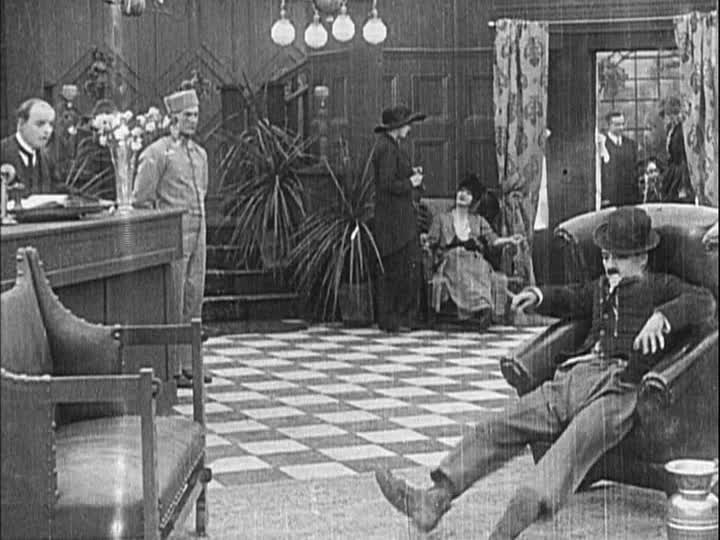
Somewhere along the line, though, Chaplin began to find something fuller and richer to do with the character, and that’s the Tramp we know and love today. The put-upon everyman with an eternal sense of optimism, who no matter how often he got knocked down, was always ready to dust himself off and trudge on to the next fight. Which he’d also probably lose. He represents the best instincts of humanity found at the lowest rung of society, a pathetically admirable figure. The early Tramp is a loser that we laugh at because he’s also kind of a jerk; the late Tramp is a loser that we laugh at because he let us laugh at our own failings without criticism.
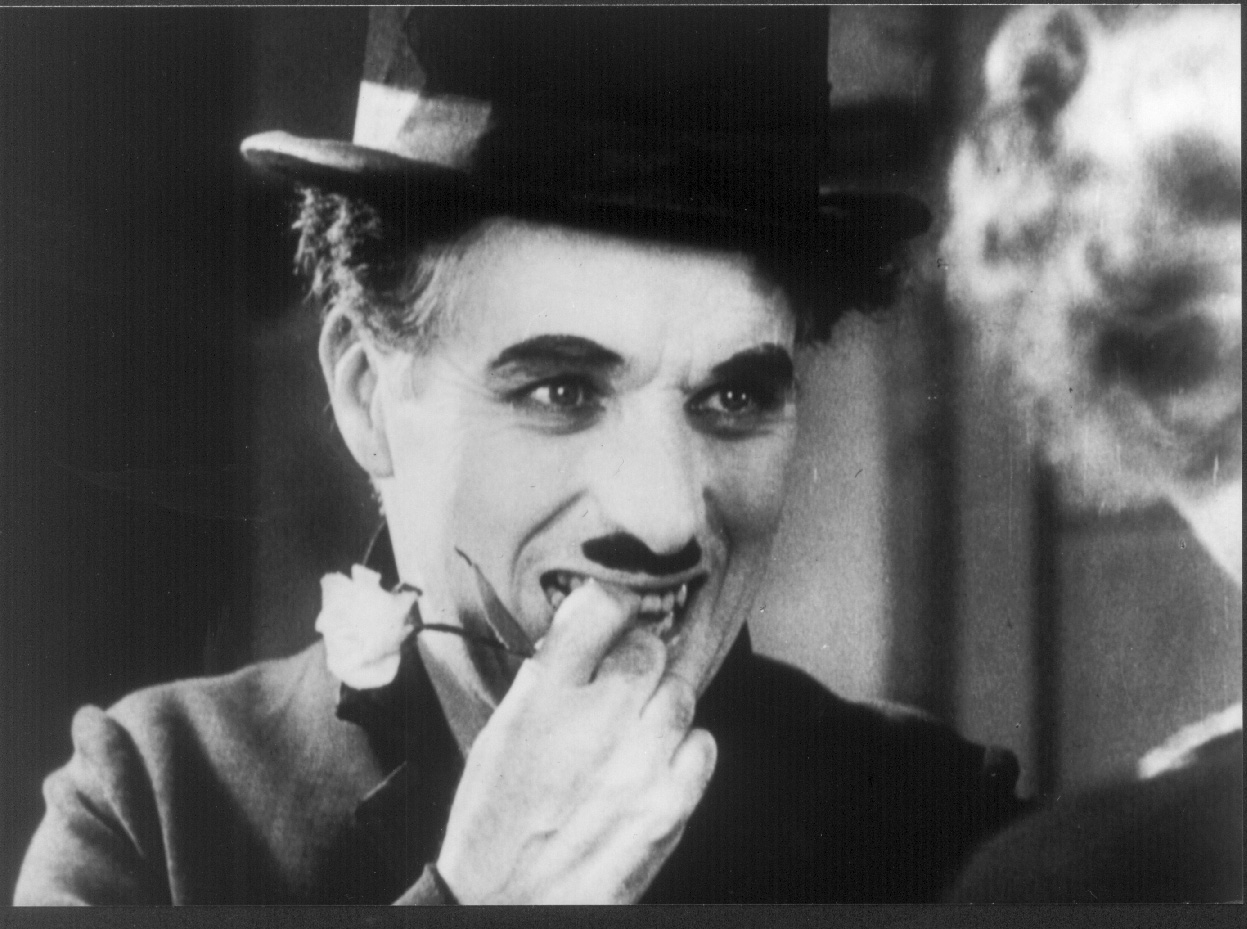
That overwhelmingly generous human spirit animates all of the late silent masterpieces: The Gold Rush, City Lights, Modern Times. They’re funny, though not by any means the funniest of all silent comedies; but they are probably the sweetest and warmest. They are the works of an artist who could look at the world and say, “this is wrong”, but instead of being angry and depressed about that, follow with, “and here’s how we can make it better”. That has been the Tramp’s legacy: he is cinema’s finest portrait of our best selves as humans. On his one-hundredth birthday, I’m happy to remember all of the great experiences I’ve had watching his stumbles and small triumphs, and I’m pleased to think of all the films in his lengthy career that I still get to see for the first time.
Five Essential Little Tramp Films
The Floorwalker (1916, two-reel) - YouTube
The Pawnshop (1916, two-reel) - YouTube
The Immigrant (1917, two-reel) - YouTube
The Gold Rush (1925, feature)
City Lights (1931, feature)
Five titles, of course, is barely even scratching the surface, so I'll throw it out there: what's your favorite Little Tramp movie?
 Sunday, March 9, 2014 at 3:20PM
Sunday, March 9, 2014 at 3:20PM 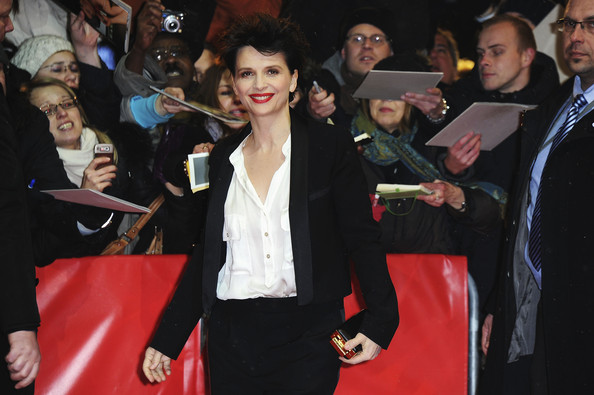
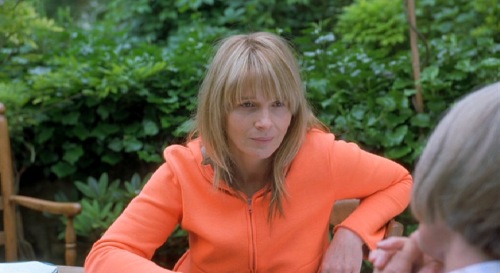 Juliette Binoche's last team-up with Olivier Assayas was the terrific "Summer Hours"
Juliette Binoche's last team-up with Olivier Assayas was the terrific "Summer Hours"


